Optimal Timing for Asphalt Sealings
Proper timing for asphalt driveway sealings is essential to maximize durability and effectiveness. The optimal period depends on climate, temperature, and moisture conditions, which influence the sealing material's adhesion and curing process.
Late spring and early fall are generally ideal for asphalt sealings, as temperatures are moderate and weather conditions are stable.
Sealings should be applied when ambient temperatures are between 50°F and 85°F to ensure proper curing and adhesion.
Dry weather with no rain forecasted for at least 24 hours is necessary to allow the sealant to set properly.
In regions with cold winters, sealings are best done after the last frost and before the first freeze to prevent damage.
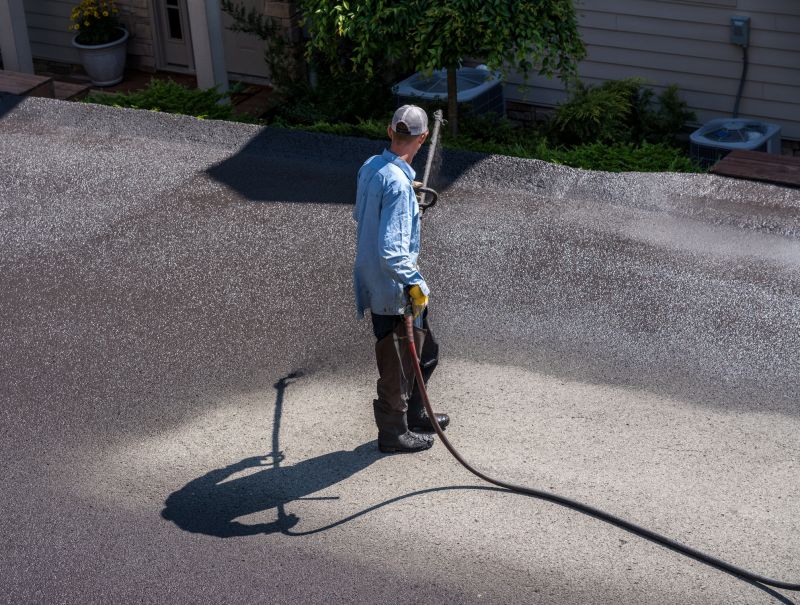
Applying sealings in spring helps protect asphalt from summer heat and UV damage.
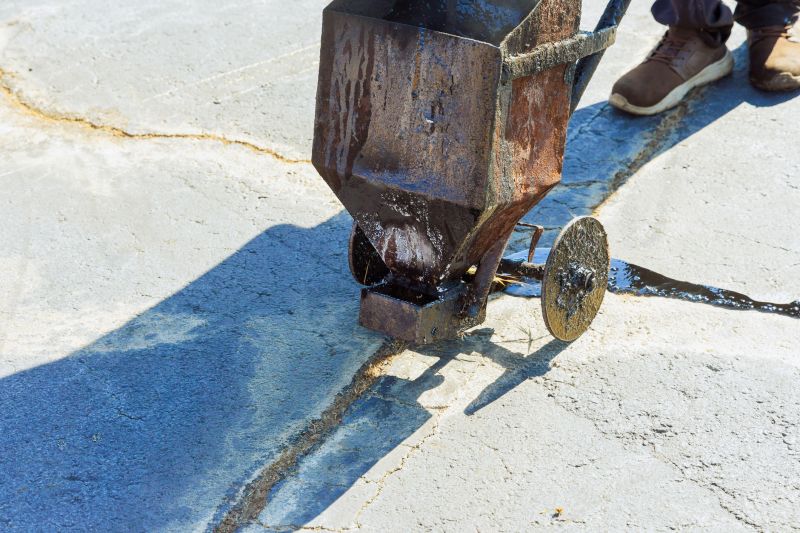
Fall sealings prepare the driveway for winter conditions and prevent moisture infiltration.
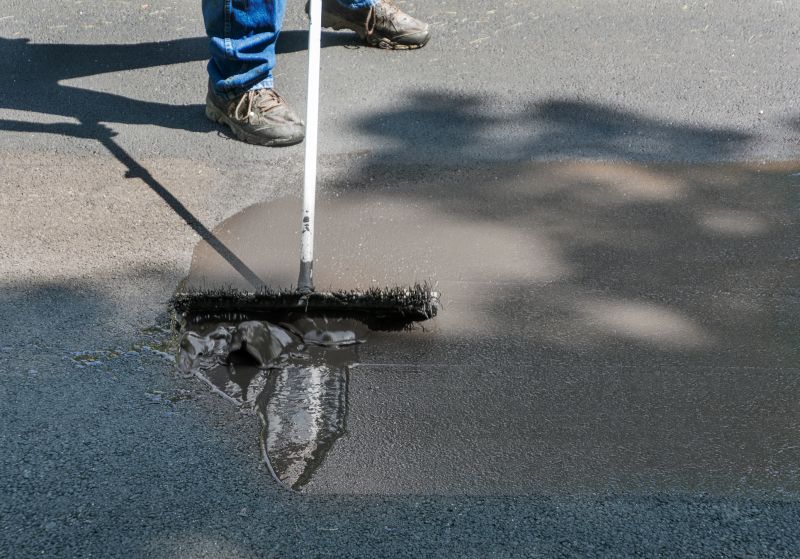
Sealants applied within optimal temperature ranges ensure better adhesion and longevity.
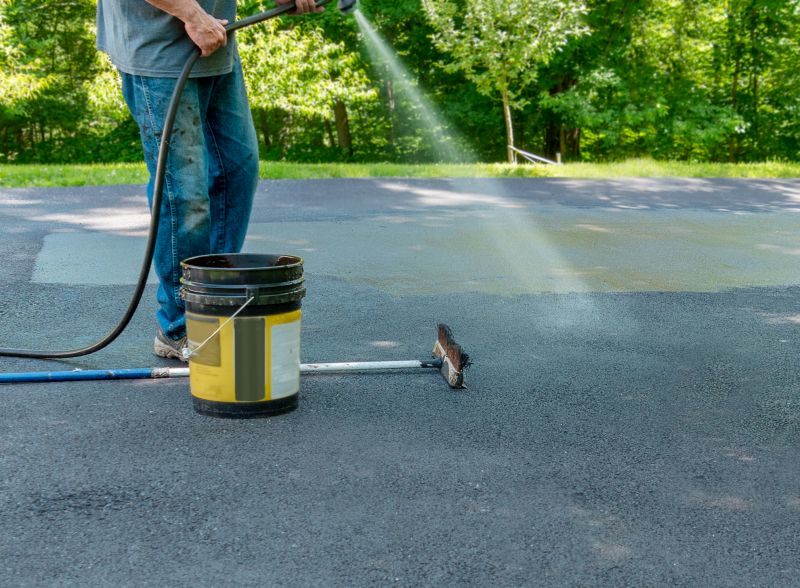
Choosing a dry period with moderate temperatures enhances sealing effectiveness.
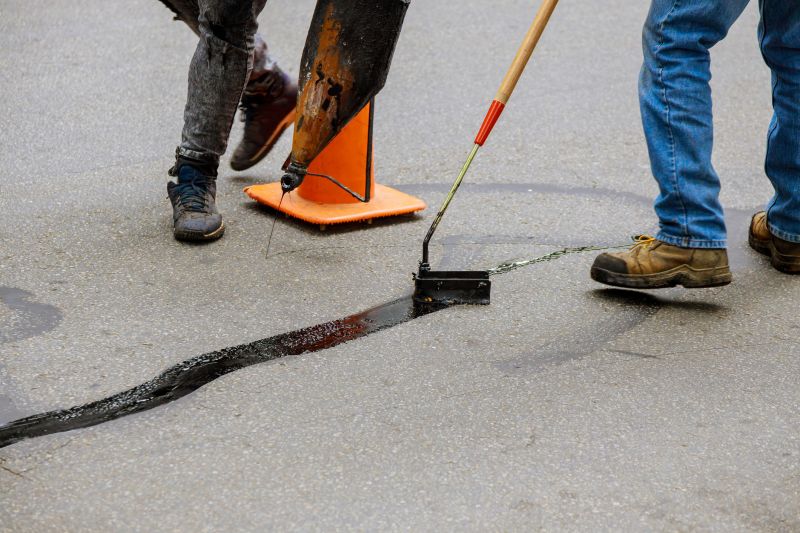
Ways to make Asphalt Driveway Sealings work in tight or awkward layouts.
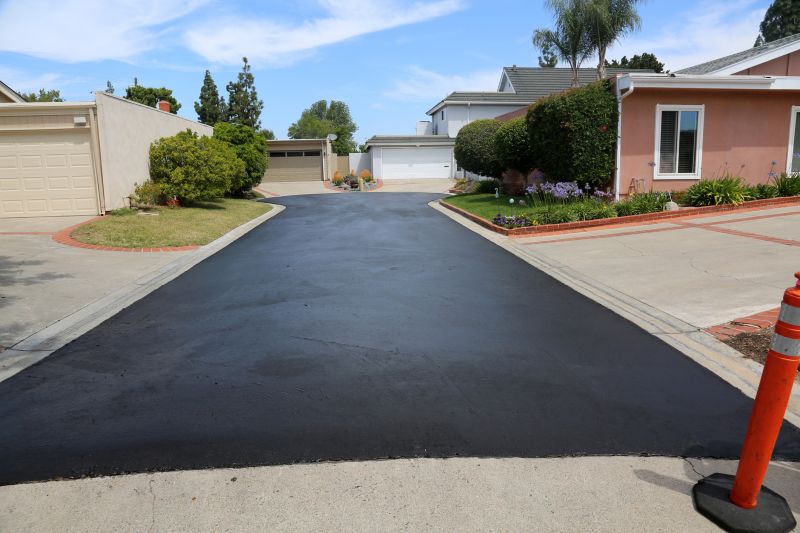
Popular materials for Asphalt Driveway Sealings and why they hold up over time.
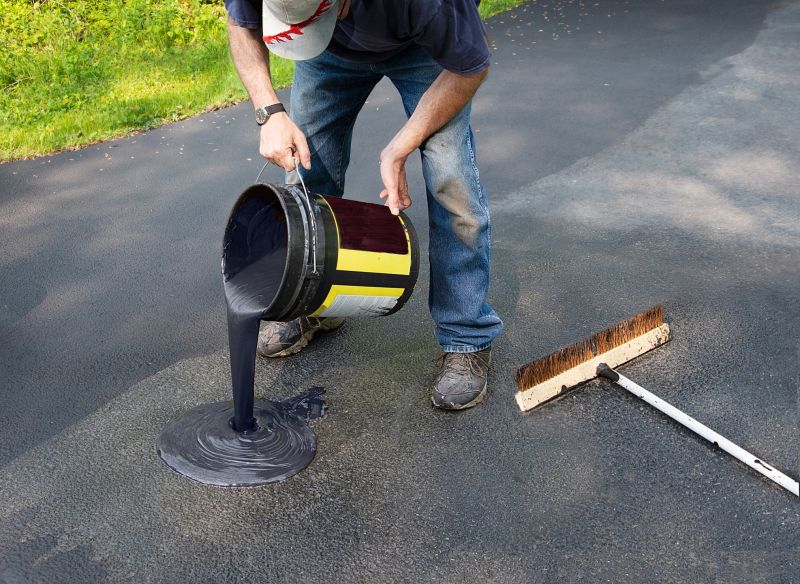
Simple add-ons that improve Asphalt Driveway Sealings without blowing the budget.
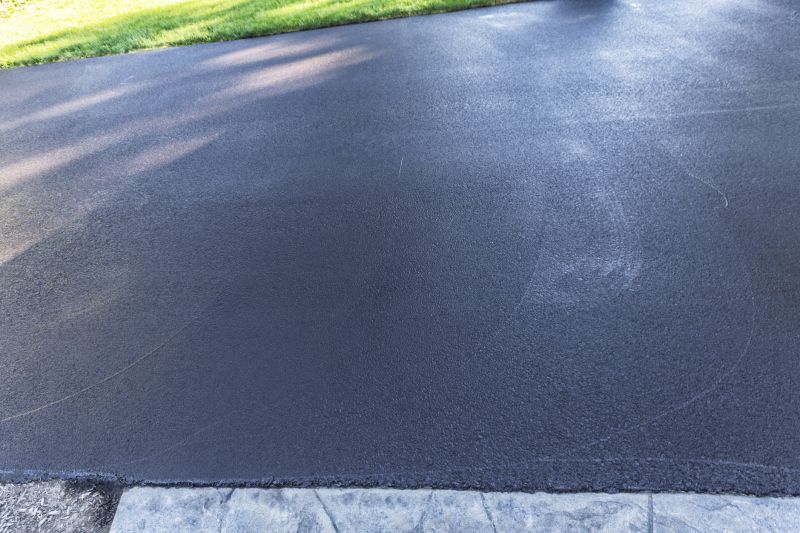
High-end options that actually feel worth it for Asphalt Driveway Sealings.
| Season/Time | Best Conditions |
|---|---|
| Late Spring | Temperatures between 50°F and 85°F; dry weather |
| Early Fall | Moderate temperatures; no rain forecasted |
| Post-Frost Season | After last frost; before first freeze |
| Summer | If temperatures are within ideal range and dry conditions |
| Winter | Not recommended due to cold temperatures and moisture |
Asphalt driveway sealings serve as a protective barrier against elements such as water, UV rays, and chemicals, extending the lifespan of the pavement. Proper timing ensures the sealant adheres well and cures effectively, which can significantly impact the driveway's appearance and durability. Regular sealings help prevent cracks, potholes, and surface deterioration, saving costs on repairs over time.
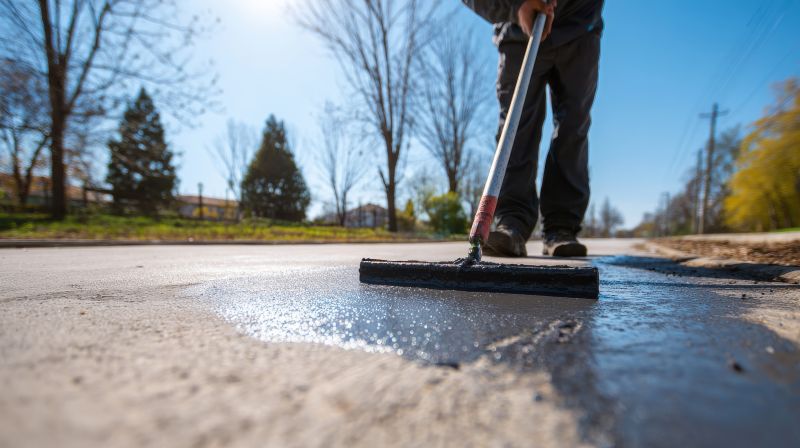
Proper application techniques are crucial for effective sealings.
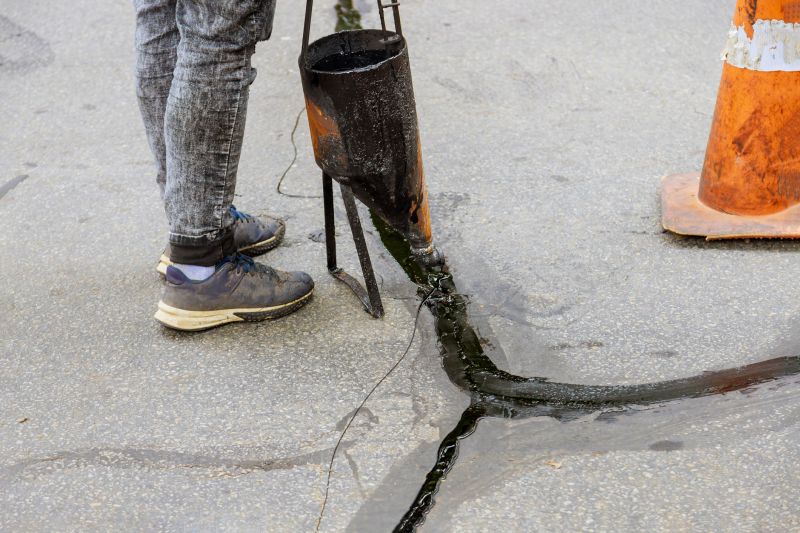
Allow sufficient time for sealant to cure before exposing to traffic.
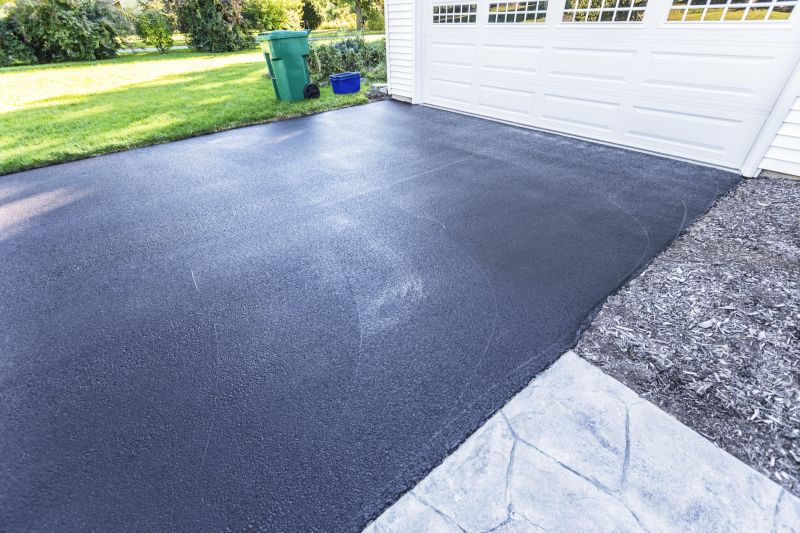
Sealings provide a resilient surface that resists stains and damage.
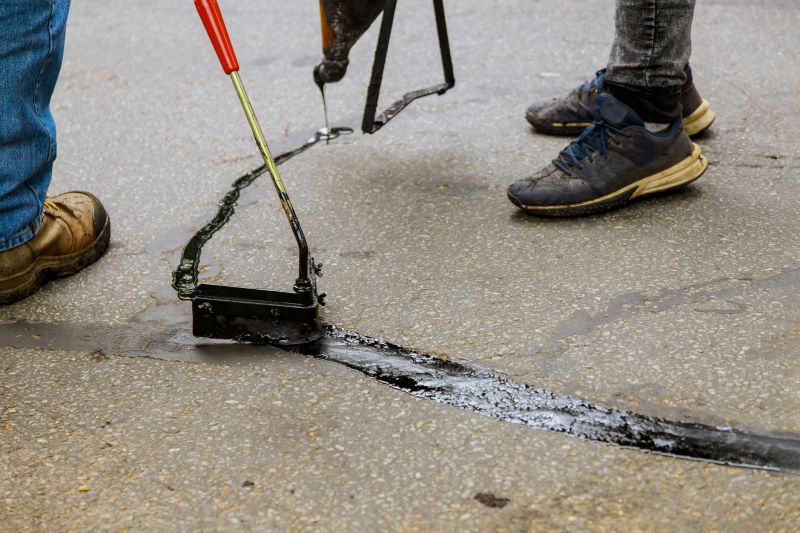
Clean and repair driveway surface before applying sealant for best results.
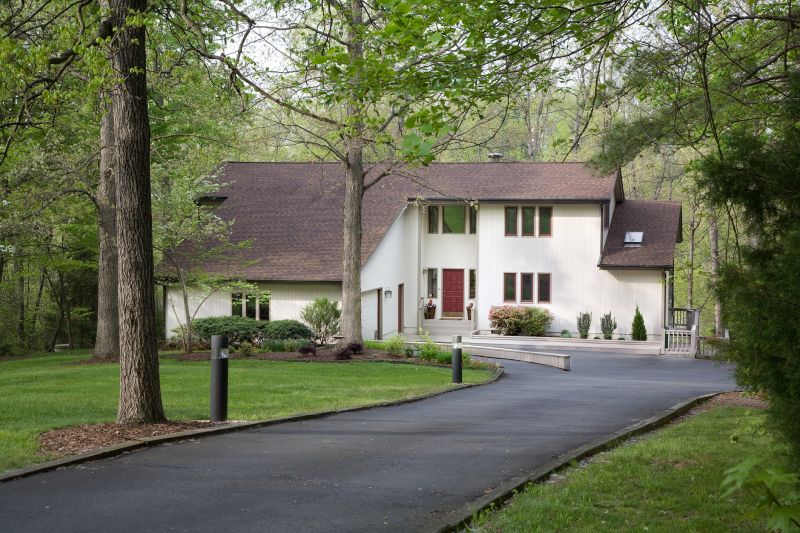
Finishes and colors that play nicely with Asphalt Driveway Sealings.
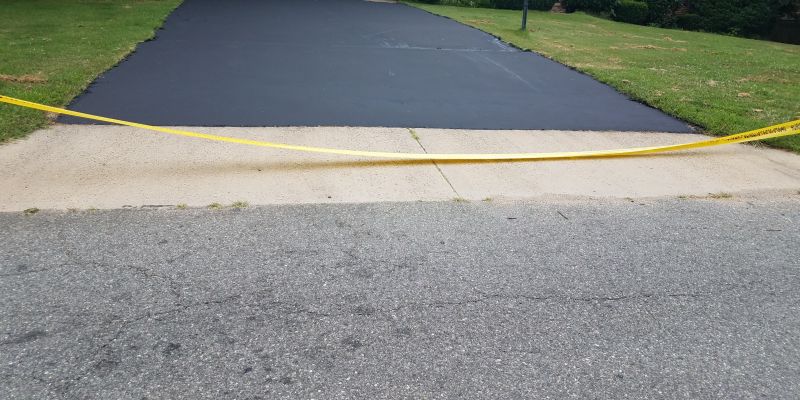
Little measurements that prevent headaches on Asphalt Driveway Sealings day.
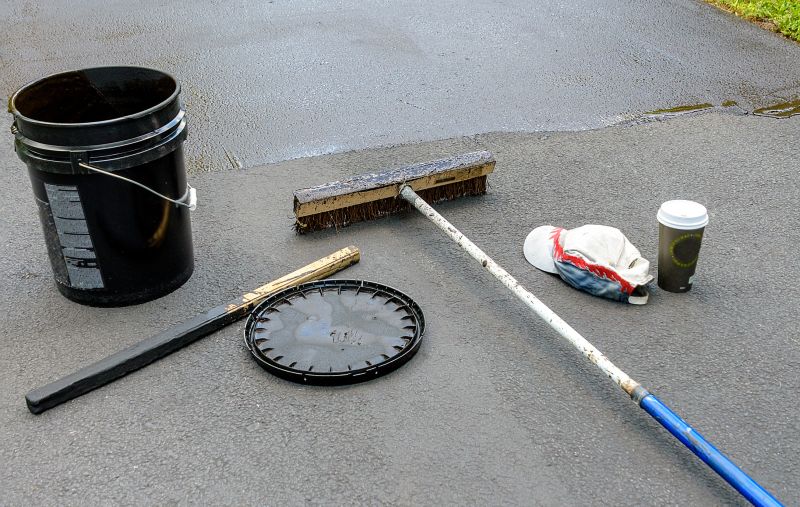
A 60-second routine that keeps Asphalt Driveway Sealings looking new.
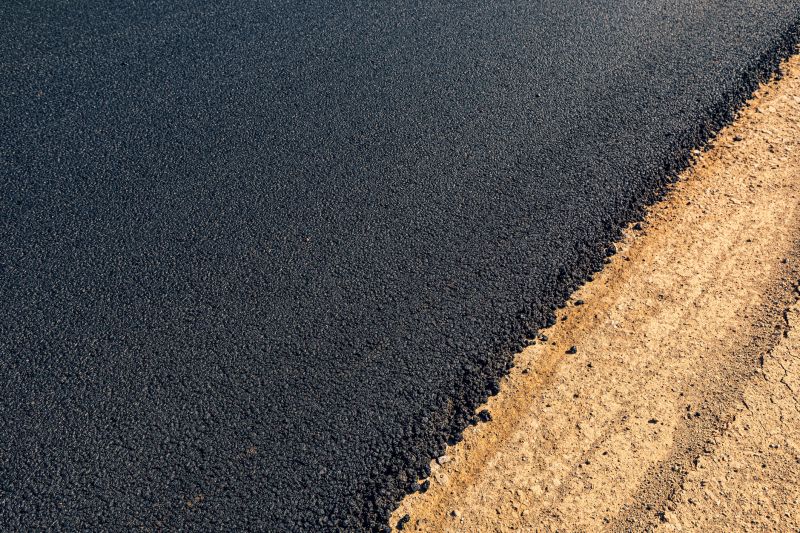
A frequent mistake in Asphalt Driveway Sealings and how to dodge it.
Interested in scheduling asphalt driveway sealings? Filling out the contact form provides a straightforward way to inquire about available services and timing options. Properly timed sealings contribute to maintaining the driveway's integrity and appearance, making it a worthwhile investment for property upkeep.



